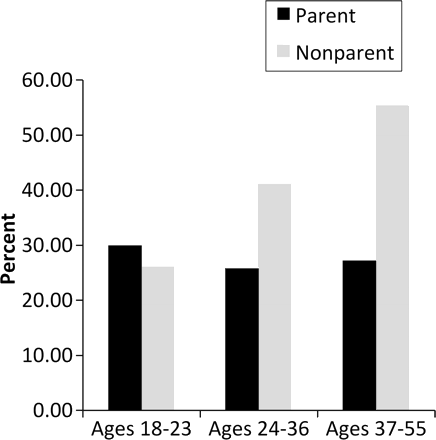So I stumbled on this interesting bit today & it got me researching:
This is in reference to Primary prevention (i.e. trying to reduce the risk of Cardiovascular disease in patients that don't have it yet). The Party Line is that Cholesterol is evil & lowering Cholesterol will save lives. So if a patient doesn't tolerate a Statin, why not just put them on some other drug that lowers Cholesterol? Any drug that lowers Cholesterol should save lives, shouldn't it?
Well, no.
As it turns out, there are a slew of studies showing that various other Cholesterol lowering drugs have either Neutral or Harmful effects:
Clofibrate lowered Cholesterol, but increased Mortality
http://www.ncbi.nlm.nih.gov/pubmed?term=6105515 - Lancet 1980
“Explanation of the
excess mortality is not apparent: a long term toxic effect of clofibrate, the possible consequences of reducing body cholesterol
pools and, remotely, chance have all to be considered.” [emphasis
mine]
Cholestyramine reduced Total cholesterol & LDL, but had no effect on All-cause mortality
http://www.ncbi.nlm.nih.gov/pubmed?term=6361300 - JAMA 1984
Clofibrate reduced Cholesterol by 9% but increased All-cause mortality (77 deaths vs. 47 deaths, P less than 0 .01)
http://www.ncbi.nlm.nih.gov/pmc/articles/PMC483536/pdf/brheartj00224-0001.pdf - Br Heart J 1978
Gemfibrozil reduced Total cholesterol, LDL, Non-HDL cholesterol, & Triglycerides, but had no effect on All-cause mortality
http://www.ncbi.nlm.nih.gov/pubmed?term=3313041 - Frick MH in N Engl J Med 1987
So apparently none of these Non-statin interventions save lives, so they aren't recommended.
What about Statins themselves?
Boom:
Meta-analysis: Statins have no effect on All-cause mortality
http://www.ncbi.nlm.nih.gov/pubmed?term=20585067 - Ray KK in Arch Intern Med 2010
Okay, okay. So we have pretty strong evidence that lowering LDL doesn't save lives, but lowering LDL prevents
Cardiovascular events, so THAT is why we need to get everyone scared of Cholesterol.
Actually, no.
Pravastatin reduced CHD (Coronary heart disease) but did not reduce All-cause mortality; reduced CHD was NOT correlated with LDL reduction
http://www.ncbi.nlm.nih.gov/pubmed?term=9576423 - WOSCOPS trial in Circulation 1998
Did you get that? The reduction in CHD caused by Pravastatin was
independent of LDL.
Here's another one:
Analysis of AFCAPS/TexCAPS data: Lovastatin prevented CHD in subjects with low Total:HDL ratios AND high CRP levels, but did not in subjects with low Total:HDL ratios and LOW CRP levels
http://www.ncbi.nlm.nih.gov/pubmed?term=11430324 - Ridker PM in N Engl J Med 2001
This seems to suggest that the reduction in CHD caused by Statins might be due to some kind of Anti-inflammatory effect, NOT due to effects on Cholesterol.
The next study didn't look at CHD or Mortality, but looked at Carotid-artery intima thickness (CIMT):
Simvastatin plus Ezetimibe lowers LDL more than Simvastatin alone, but has no greater effect on CIMT than Simvastatin alone
www.ncbi.nlm.nih.gov/pubmed/18376000 - Kastelein JJ in N Engl J Med 2008
In this study average LDL was 192.7 in the Simvastatin-only group & 141.3 in the Simvastatin-plus-Ezetimibe group. If lowering LDL is what improves Carotid-artery disease, why doesn't lowering LDL another 51 points give us any improvement?
To summarize:
- Non-statin Lipid-lowering drugs aren't recommended for Primary prevention because they don't reduce All-cause mortality.
- Statin drugs for Primary prevention don't reduce All-cause mortality.
- Statin drugs DO reduce some forms of CVD, but this effect seems to be independent of their effects on LDL.

